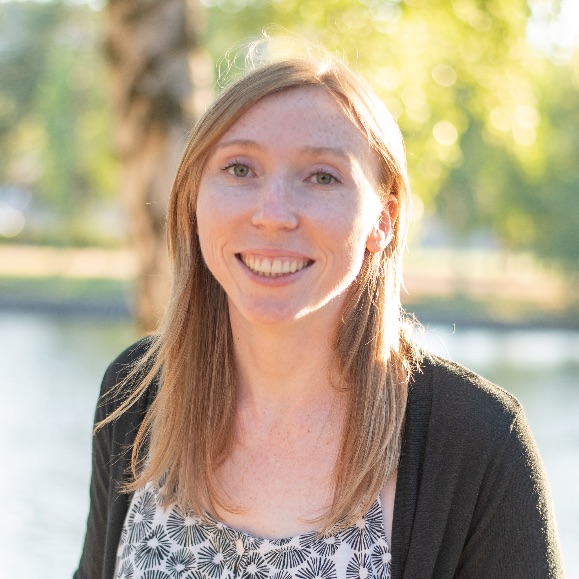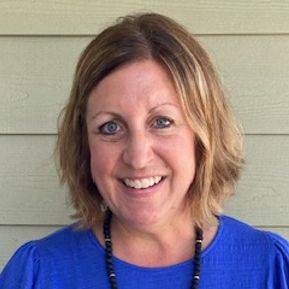Understanding the Role of Registered Dietitians in Mental Health
A registered dietitian (RD) or registered dietitian nutritionist (RDN) brings specialized expertise to mental health treatment that extends far beyond basic meal planning. Registered Dietitians Nutritionists (RDN) are trained medical professionals who provide Medical Nutrition Therapy to patients and their support system, working collaboratively with therapists, psychiatrists, and other healthcare providers to address the complex relationship between nutrition and mental wellness.
The field of nutritional psychology has emerged as a critical area of practice, exploring how dietary choices directly impact mood, cognitive function, and overall mental health. Mental health is a rapidly evolving area of practice for dietitians, with these professionals increasingly recognized for their ability to support both the physical and mental wellbeing of individuals experiencing mental health challenges.
When to Consider Nutrition Counseling for Mental Health
Mental health conditions that can benefit from nutrition services include depression, anxiety disorders, bipolar disorder, eating disorders, substance abuse, and attention-deficit/hyperactivity disorder (ADHD). More than 8.2 million Americans are afflicted with co-occurring disorders or dual diagnosis, such as both a mental illness and an addiction, making the role of nutrition counseling particularly important for comprehensive treatment.
You might consider working with a registered dietitian nutritionist if you experience mood swings related to eating patterns, have difficulty concentrating that may be nutrition-related, are managing stress through food, or are taking medications that affect appetite or nutrient absorption. Additionally, if you're dealing with digestive issues alongside mental health symptoms, a dietitian can help address the gut-brain connection that significantly impacts mental wellness.
Educational Requirements and Credentials
The standards for becoming a registered dietitian have evolved significantly. As of January 1, 2024, all who call themselves Registered Dietitians (RDs) or Registered Dietitian Nutritionists (RDNs) must have a minimum of a graduate degree. This enhanced educational requirement ensures that today's dietitians possess advanced knowledge in both nutrition science and clinical practice.
To earn this certification, candidates must complete a CDR-accredited academic program, pass a rigorous examination, and fulfill continuing education requirements. The Commission on Dietetic Registration (CDR) oversees these standards, ensuring that certified dietitians maintain current knowledge and ethical practices throughout their careers.
When looking for a registered dietitian, verify their credentials through the CDR registry. RDs are food and nutrition experts who have met the Commission on Dietetic Registration's (CDR) criteria to earn the RD credential. Some dietitians may also hold additional certifications in specialized areas such as mental health nutrition, eating disorders, or behavioral health.
Services Provided by Registered Dietitians in Mental Health Settings
Nutrition services in mental health care are comprehensive and personalized. Registered dietitians review a patient's tests, labs, health history, eating behaviors and lifestyle. They partner with the patient to come up with a plan to address key concerns. This collaborative approach ensures that nutrition interventions are tailored to individual needs and mental health goals.
The setting for this treatment can be psychiatric facilities, group homes, early intervention programs, outpatient clinics, or even the patient's own home. Services may include individual nutrition counseling sessions, group therapy incorporating nutrition education, meal planning that considers medication interactions, and coordination with other mental health professionals to ensure integrated care.
Registered dietitians in mental health settings also provide education about the relationship between specific nutrients and brain function, help identify and address nutritional deficiencies that may contribute to mental health symptoms, and develop strategies for managing emotional eating or food-related anxiety.
Geographic Considerations: State-by-State Differences
The regulation of dietitians varies significantly across states, which is important to understand when seeking services. Some states have strict licensing requirements, while others may allow various types of nutrition professionals to practice with different credentials. Registered dietitians, registered dietitian nutritionists, licensed nutritionists, and even non-licensed nutritionists must adhere to specific educational requirements that differ by location.
In states with comprehensive licensing laws, only licensed professionals can provide certain types of nutrition counseling. These states typically offer the strongest consumer protections and ensure that practitioners meet rigorous educational and training standards. Other states may have title protection laws that regulate who can use terms like "dietitian" or "nutritionist" but allow broader practice permissions.
When searching for nutrition services, verify what credentials are required in your state and ensure your chosen professional meets those standards. This is particularly important if you're considering telehealth services with an online registered dietitian, as practitioners must be licensed in the state where you receive services.
How to Find a Registered Dietitian for Mental Health Support
When you're ready to find a dietitian, start with the Academy of Nutrition and Dietetics' online directory, which allows you to search by location and specialty areas, including mental health and behavioral nutrition. Many registered dietitians now offer telehealth services, expanding your options to find a registered dietitian who specializes in mental health nutrition regardless of your geographic location.
Insurance coverage for nutrition counseling varies widely. Many health insurance plans cover nutrition services when they're deemed medically necessary, particularly for conditions like eating disorders or when nutrition counseling is part of a comprehensive mental health treatment plan. Contact your insurance provider to understand your coverage and any required referrals from your primary care physician or mental health provider.
When evaluating potential dietitians, consider their specific experience with mental health conditions, their approach to treatment (whether they use evidence-based practices like cognitive-behavioral therapy techniques in nutrition counseling), and their availability for ongoing support. Some dietitians specialize in particular areas such as eating disorders, substance abuse recovery, or pediatric mental health.
What to Expect from Your First Appointment
Your initial appointment with a registered dietitian will typically involve a comprehensive assessment of your current eating patterns, medical history, mental health symptoms, and lifestyle factors. The dietitian will ask about your relationship with food, any medications you're taking that might affect nutrition, and your specific goals for treatment.
This assessment helps the dietitian understand how nutrition may be contributing to or could help alleviate your mental health symptoms. They'll likely discuss the timing of your meals, food preferences and aversions, cooking skills, and any cultural or religious dietary considerations that should be incorporated into your treatment plan.
Following the assessment, you'll work together to develop realistic, achievable nutrition goals that support your mental health treatment. This might include strategies for stabilizing blood sugar to improve mood stability, incorporating specific nutrients that support brain health, or addressing any disordered eating patterns that may be complicating your mental health recovery.
The Integration of Nutrition and Mental Health Treatment
Modern mental health care increasingly recognizes that effective treatment requires addressing all aspects of health, including nutrition. When you find a registered dietitian who specializes in mental health, you're adding a crucial component to your care team that can enhance the effectiveness of therapy and medication management.
The collaboration between your dietitian and other mental health professionals ensures that all aspects of your treatment plan work together harmoniously. Your dietitian may communicate with your therapist about how nutrition changes are affecting your mood or energy levels, or work with your psychiatrist to address any nutritional side effects of medications.
This integrated approach acknowledges that mental health recovery is multifaceted and that nutrition counseling can provide practical, actionable strategies that complement traditional therapeutic interventions. Whether you're dealing with anxiety, depression, or other mental health challenges, working with a certified dietitian can provide you with tools and knowledge that support your overall wellness journey.
As you consider adding nutrition services to your mental health care plan, remember that finding the right registered dietitian is an investment in your comprehensive health and recovery. With the enhanced educational requirements now in place and the growing recognition of nutrition's role in mental wellness, today's registered dietitians are better prepared than ever to support your mental health journey through personalized, evidence-based nutrition interventions.













